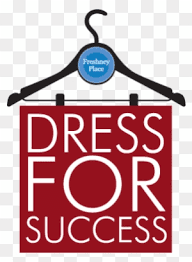Be a room mom (or dad)! This is the most effective way to view your child’s work habits and school behavior. It also keeps them on task and focused, and in some instances secure, knowing you’re there. If the teacher is reluct
ant to have you volunteer, there is most likely a legitimate reason – just ask! For example, there may be some school or district policies that need to be adhered. If she does not need volunteers at this time, you still have the right to drop in and observe your child at any time. You can also check with an administrator about any volunteer policies, and see if you can be useful in another way.
In most instances, teachers are thrilled to have an extra hand to set up art and craft projects, file papers, or make copies. You may even be asked to work with a small group of kids.
If you can’t do a regular, weekly stint, then a one-time wonder will suffice. You can volunteer to speak at career day, help run the book faire or chaperone a class party or field trip.
If you enjoy the outdoors, there is always need for extra yard duty during recess time, and crossing guards are vital to the safety of our children. Let’s face it; running-late parents in SUV’s are dangerous!
If you do not have time during the day, or you feel anxious about being around rambunctious youngsters, how about working from the office or home? Grading papers is very much appreciated. Paperwork is always a challenge for teachers and the more grades they can complete, the more insight they have into their class, and the more information they have on your child’s progress.
The best way to find out about all of the volunteer opportunities and get in some great networking is to join the PTA (Parent Teacher Association). The name may vary from school to school, but the concept is the same. These are the folks that work together to make your school one of the finest around and help create a warm, safe and enriching educational experience for all the students. They are in charge of many, many fundraisers, and are a strong political force as well. These activists often fight for legislation to ensure every child gets a high-quality education.
Accordingly, if the school staff recognizes you as an involved, caring and knowledgeable parent, they will in turn become more caring and involved with your child’s education. Everyone benefits!








